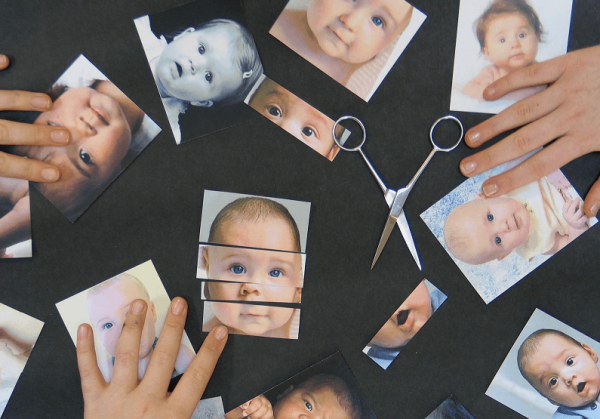American Teens and Part-Time Employment
Elisa Arslan
As of 2017, over 50 percent of students in the US had a job. In other western countries, only a small percentage of teens who still go to school or work. However, here in the US, a lot of high schoolers have a job and work on a regular basis. In Europe, almost all students get an allowance from their parents, usually until they turn 18. There are some teens who do work, but it is nowhere near as common as in the US. The law on teen work regulates both the hours and the field of work of teens, and unlike in the US, minimum wage does not apply to minors under 18. This combined with the simple factor that only a small amount of students works leads to teen jobs being on not a lot of people’s minds. Adding onto that, the legal driving age in all of the EU is 18, leaving no teen with the responsibility to pay for a car or gas. This is the situation in most European countries.
In the US, the minimum employment age is 14, and other details are not regulated by federal laws. Oregon has one of the laxest teen employment laws, with neither an employment certificate nor an age certificate required. Students work after school, on weekends and during the holidays. Looking at how in Germany most free time is spent mainly on schoolwork, the question if part time jobs affect a students performance in school arose.
Athena Southward and Olivia Spotswood are sophomores at Rex Putnam High School and work at the North Clackamas Aquatic Park. Olivia, who only works every one to two weeks on the weekends, says that the job has not really affected her grades so far, even if that may be due to the small amount of hours she works. Like almost everyone, she makes minimum wage, which means $12.00 in Clackamas County. Athena too earns that much, but unlike Olivia she works multiple times a week, and she says that even though work is fun most of the time, it can get stressful, seeing that she works up to 16 hours every week. Work hours vary, sometimes the students work up to seven hours even on weekdays, like Angelica Marin, a sophomore at Rex Putnam High School. The most obvious reason they work is money. But when asked what they spend their money on, a majority of their answers showed that the money goes towards not exactly vital things. “Probably coffee and goodwill”, says Lilia Haberlach, a senior at Rex Putnam High School who works at a retirement home. Athena gives a similar answer: “I would say I spend most my money on food or clothes. However, money was not the only motivation behind their work: “I also work because I wanted to give myself a sense of independence”, says Olivia.
Considering this, do the teens feel like their work affects their performance in school? Olivia says her grades have stayed the same as before, if not improved: “I almost feel like my grades have gotten better just because the working has given me the confidence to take care of myself more.” Someone who does feel like her grades have dropped is Angelica: “There have been times where something was due like the day after but I had to work right after school.” One aspect many mentioned was that they get less sleep on work days, worsening their ability to concentrate in school. None of the students is taking IB classes, and seeing that harder classes require more after school work, it is a lot harder to uphold a busy work schedule with a lot of these classes.
Working has its upsides and downsides. Both financial and mental independence is gained, and the students get to see what the working life after high school might look like. But also they all mentioned that it can get very stressful, especially during exam seasons. When work calls, assignments are pushed back, not completed, or left to do after work at night. Some are not able to keep up with all this and their priority until graduation should be school. But whatever the situation is, no High School Student should overdo the work. Working everyday for multiple hours and juggling school at the same time is definitely may be too draining. There will always be a chance to explore into the working world, and rushing into it might leave one regretting their choices once it is time to apply for colleges and the GPA is too low to qualify for certain schools. Work will be there the rest of our lives, but high school will never come back and how well we do in school now sets the direction for our future.
Someone with good time management and a sense of responsibility might profit from working. It all depends on the person, as the interviewed students showed. Some profit from working on the side, others simply do not.
Editor’s Note:
| Elisa Arslan is a foreign exchange student from Germany. |








